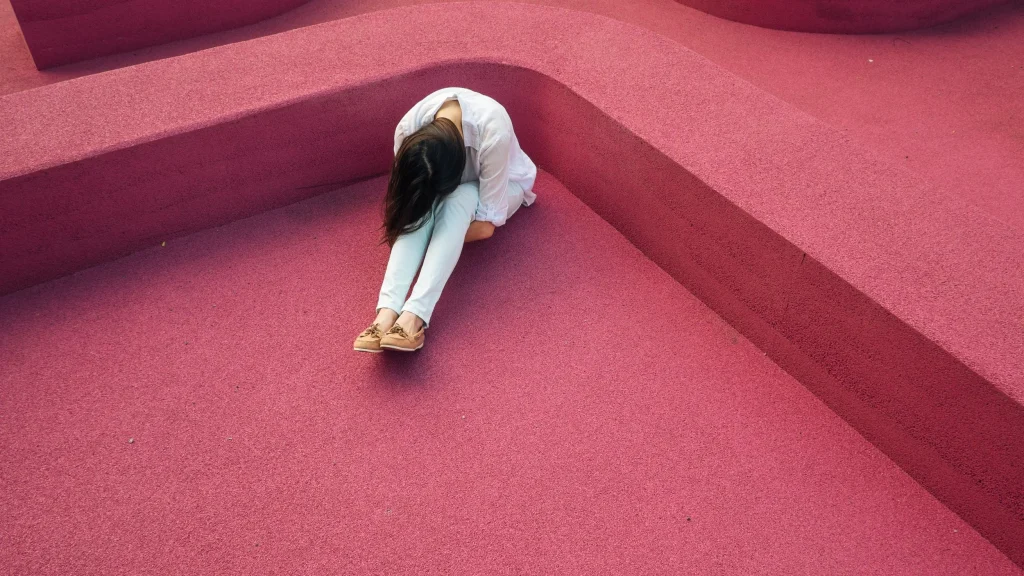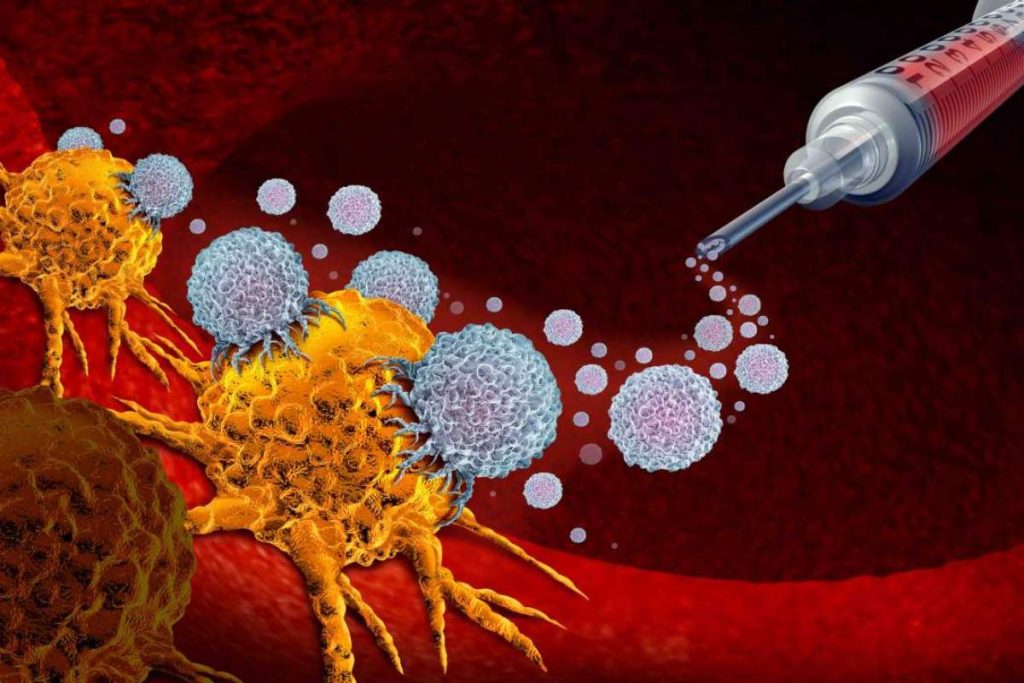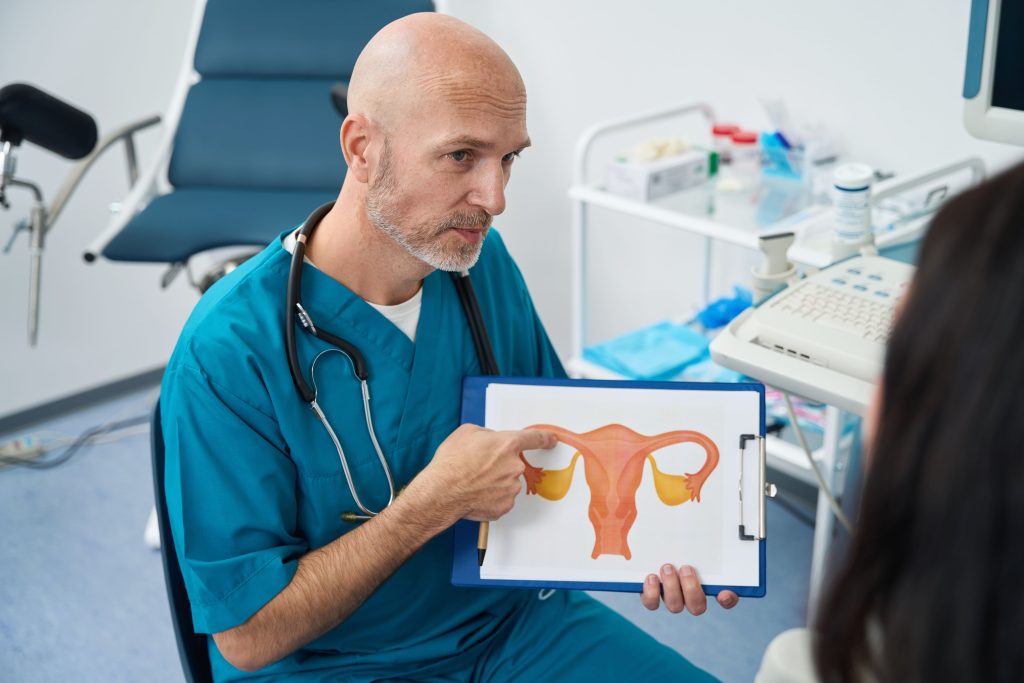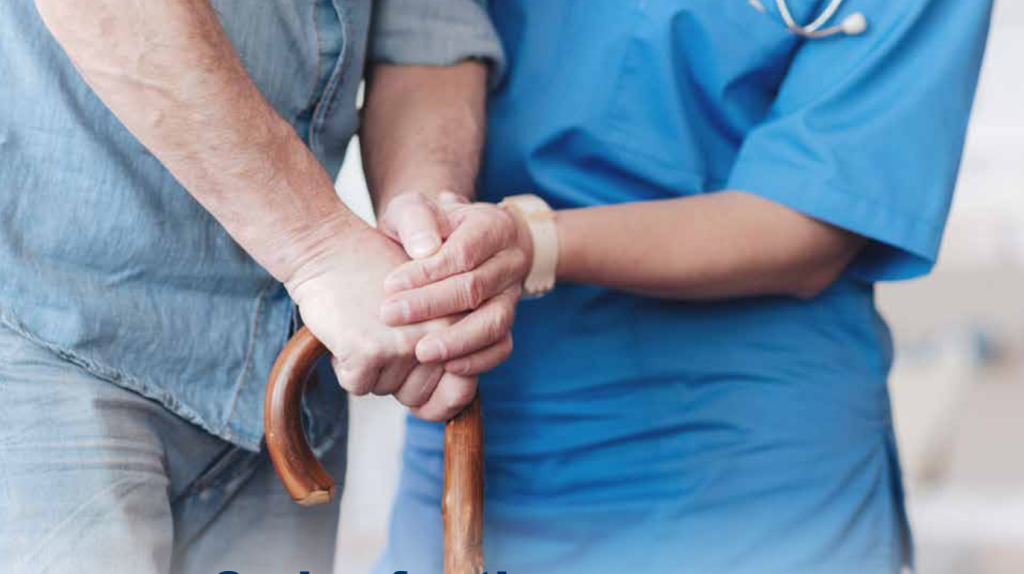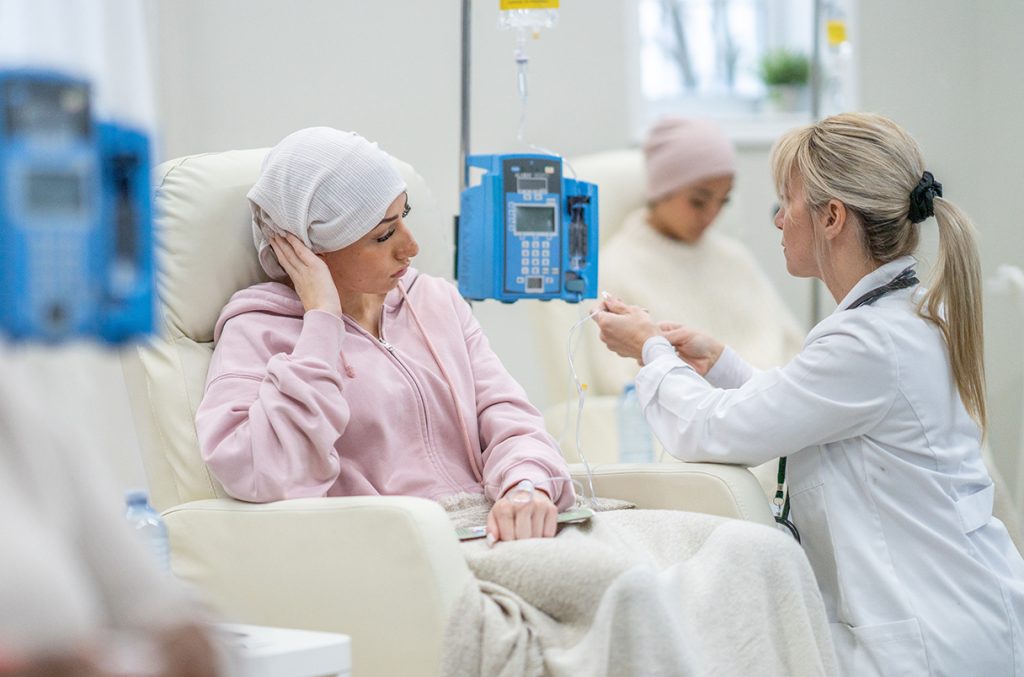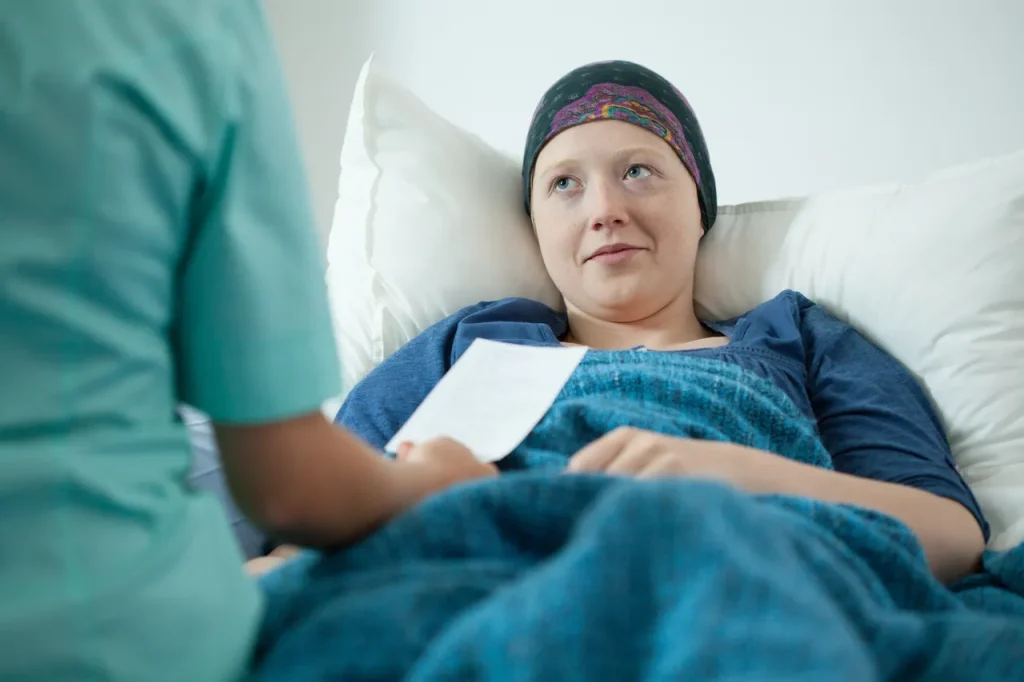Complexities of Oncology
Cancer is a formidable opponent and its treatment requires a multifaceted approach. Advances in oncology in Dubai have made significant strides, bringing hope and better outcomes to countless patients. Oncology is not just a field of medicine; it is a lifeline for many individuals and families battling this disease.
Education and Training
Dubai is home to some of the most advanced oncology centers in the world, providing the most advanced treatments and comprehensive care. These centers are equipped with the latest technology and staffed by highly trained professionals dedicated to the fight against cancer.
Personalized Treatment Plans
Personalized treatment plans are crucial in the fight against cancer. Each type of cancer is unique and therefore requires a different approach. Oncologists in Dubai use various diagnostic tools to understand the specific characteristics of a patient’s cancer. This allows them to develop a customized treatment plan that may include surgery.
Comprehensive
Support Systems
Beyond medical treatments, comprehensive support systems are crucial for cancer patients. Oncology centers in Dubai provide access to nutritionists, psychologists and support groups that play a vital role in the overall treatment process. These resources help patients manage the physical and emotional challenges that come with a cancer diagnosis.
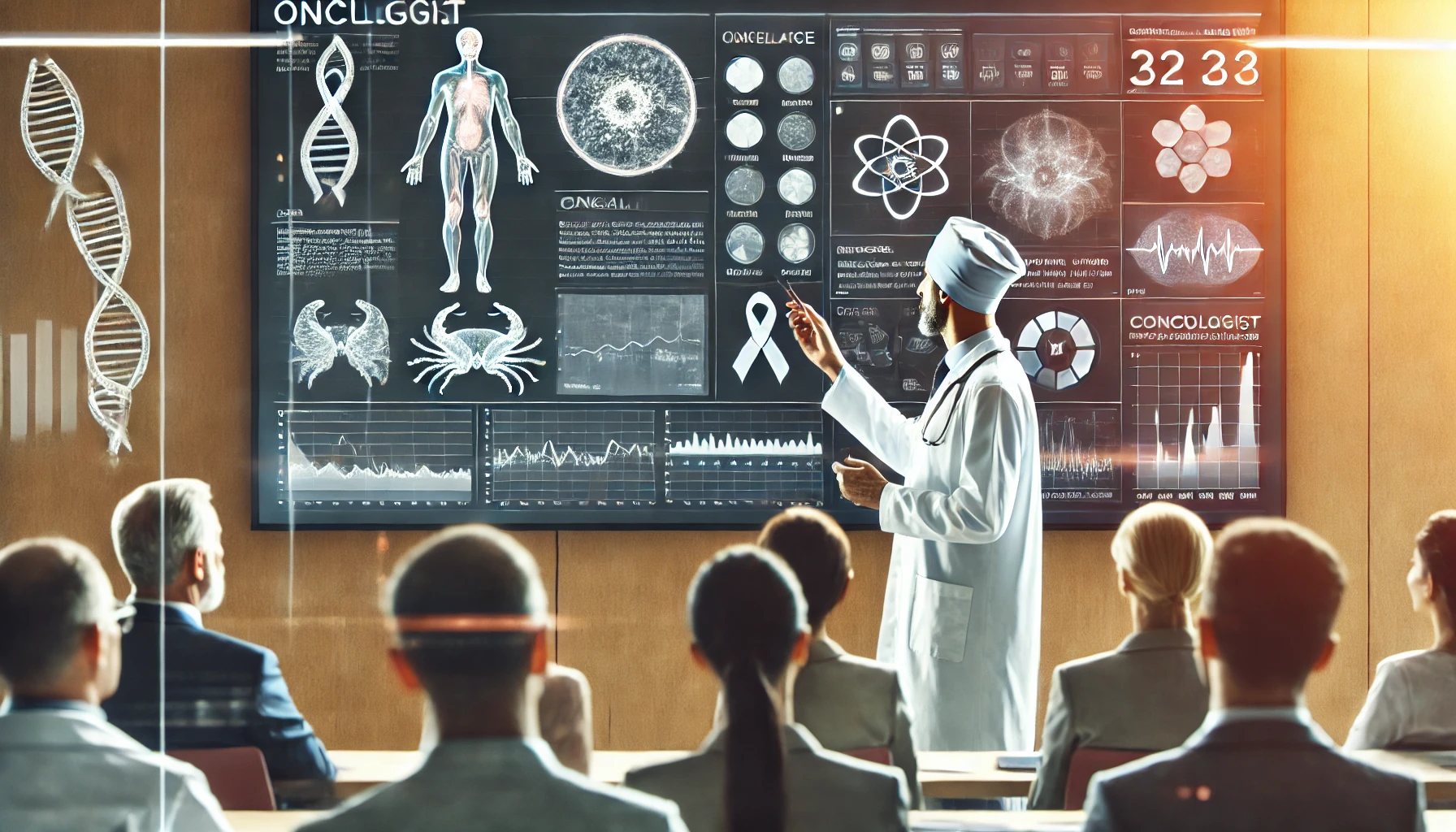
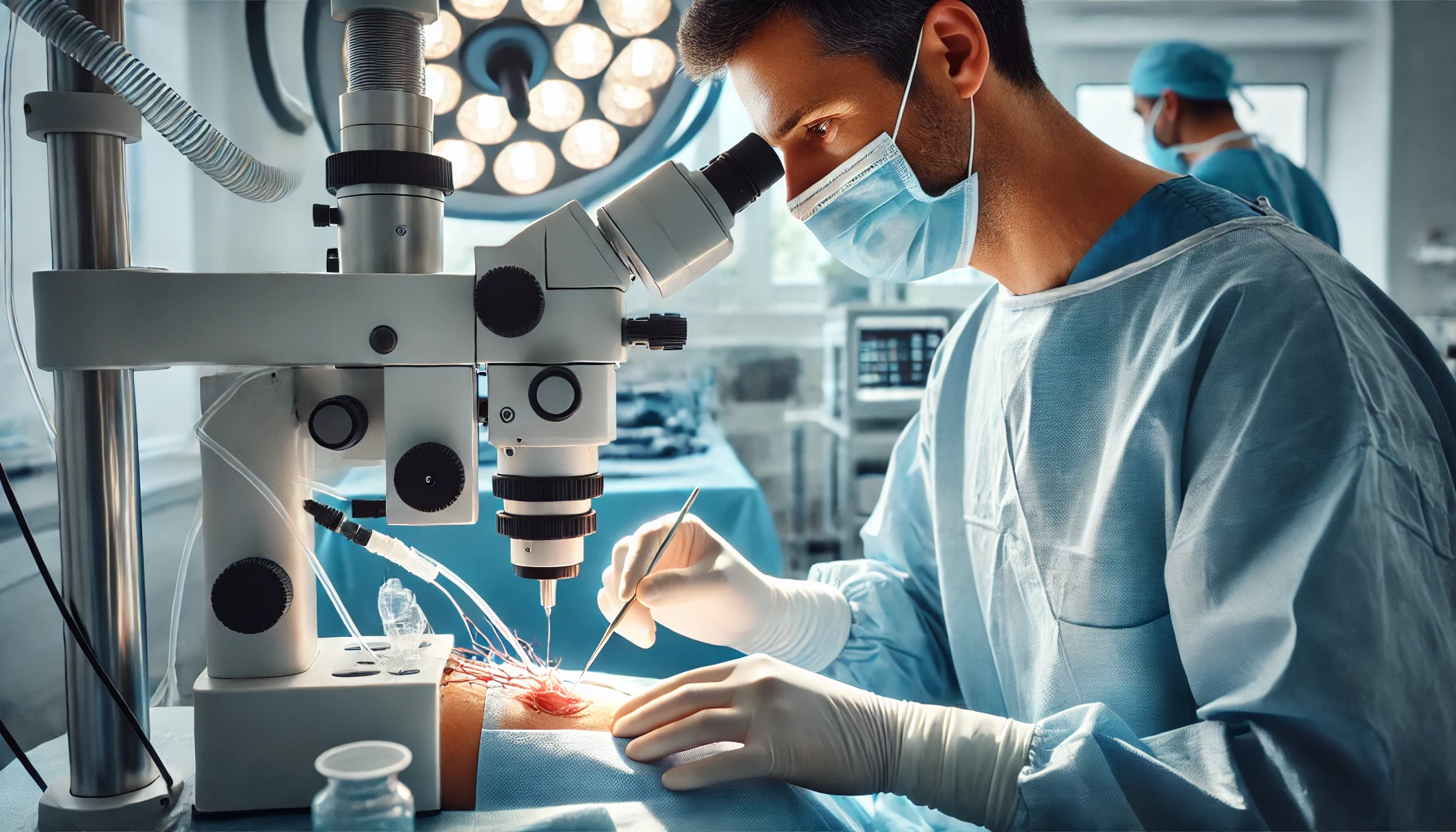

Research and development is the backbone of advances in oncology. In Dubai, significant investment is being made in cancer research, leading to the development of new treatments and therapies.
Early Detection and Prevention
Early detection and prevention are key factors in the successful treatment of cancer. Dubai’s healthcare system emphasizes regular screenings and awareness programs to educate the public on the importance of early detection. These initiatives are crucial as they can lead to earlier diagnosis and more effective treatment options.
Innovative Treatments
Innovative treatments are at the forefront of Dubai’s oncology world. From targeted therapies that attack cancer cells while sparing healthy cells to advanced surgical techniques that reduce recovery times, these innovations are changing the way cancer is treated. The use of artificial intelligence and precision medicine is also playing an important role in improving treatment outcomes.
Support for Families
Cancer affects not only the patient but also their families. Oncology centers in Dubai recognize the importance of family support and offer resources to help families cope with the challenges of a cancer diagnosis. This includes counseling services, educational programs and support groups that provide a sense of community and understanding.
The Role of Palliative Care
Palliative care is an important component of oncology and focuses on improving the quality of life of patients with advanced cancer. Dubai’s oncology centers offer comprehensive palliative care services that address pain management, symptom control and emotional support.
Dubai’s Commitment
to Oncologya
Dubai’s commitment to oncology is reflected in its state-of-the-art facilities, dedicated healthcare professionals and continuous investment in research and development. The city is becoming a hub for oncology treatment, offering hope and better outcomes to patients from around the world.


Articles
Dealing With Recurrence: Mental and Medical Support
Hearing that a condition has returned can feel like a sudden pause in daily life, and many people describe the moment as a mix of shock, frustration and quiet fear[…]
Read moreImmunotherapy Side Effects and How to Manage Them
Have you ever met someone who started immunotherapy feeling confident but later felt confused by unexpected side effects? Many patients begin treatment with hope, yet they often feel surprised when[…]
Read moreCommon Terms You’ll Hear in an Oncology Clinic
Many patients describe their first oncology clinic visit as both overwhelming and eye-opening because the medical language they hear sounds unfamiliar, yet each term carries meaningful information that shapes their[…]
Read moreOncology in the Elderly: Unique Considerations
Oncology in older adults needs thoughtful, personalised decisions that balance cancer control with quality of life, everyday independence and other chronic illnesses, because ageing changes how treatments work in the[…]
Read moreUnderstanding How Cancer Clinical Trials Work Safely
Navigating a cancer diagnosis is inherently overwhelming, a situation where the patient and their family are immediately plunged into a world defined by complex medical terminology, uncertain prognoses, and a[…]
Read moreThe Role of Surgery in Cancer Management
The historical arc of cancer therapy reveals a profound evolution, yet surgery remains the foundational pillar for managing most solid tumors. Its role has shifted dramatically from the aggressive, often[…]
Read moreHow Oncology Nurses Support Cancer Patients
The journey through a cancer diagnosis and treatment is a labyrinth of complex medical procedures, intense emotional stress, and continuous uncertainty. While the oncologist orchestrates the clinical strategy, the Oncology[…]
Read moreTips for Handling Isolation During Cancer Treatment
The trajectory of a cancer diagnosis and the subsequent treatment—be it chemotherapy, radiation, or surgical recovery—often thrusts the individual into a state of profound, often unanticipated, isolation. This isolation is[…]
Read moreAntioxidants During Cancer Treatment: Helpful or Harmful?
The consumption of antioxidants during active cancer treatment presents one of the most persistent and fiercely debated clinical paradoxes in contemporary oncology. Driven by the understandable desire to support the[…]
Read more
